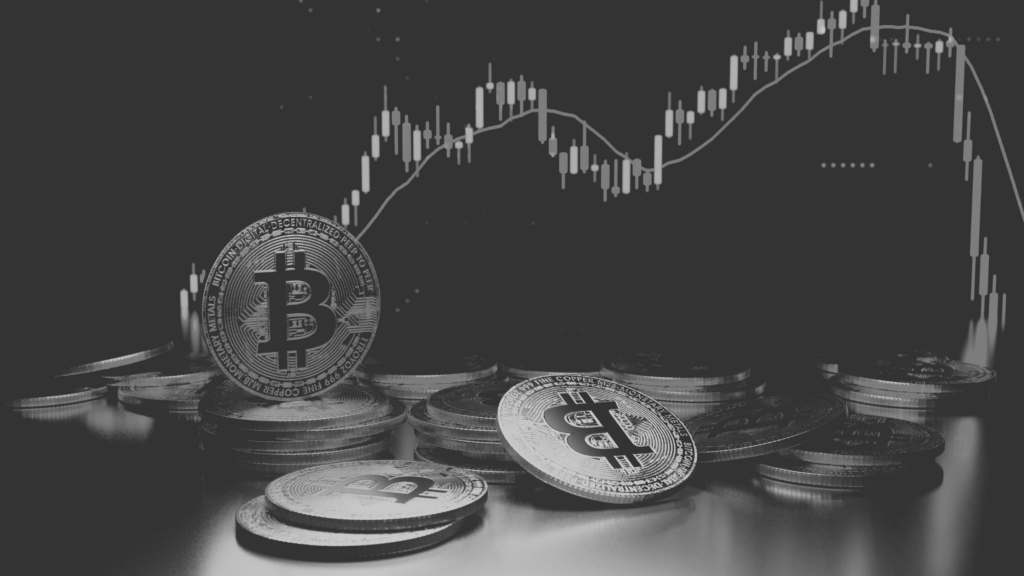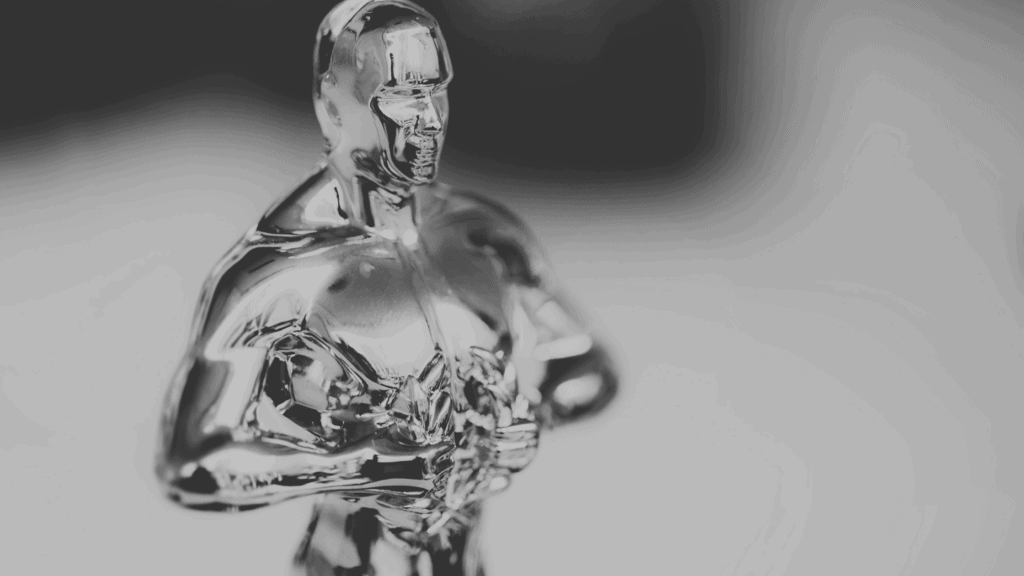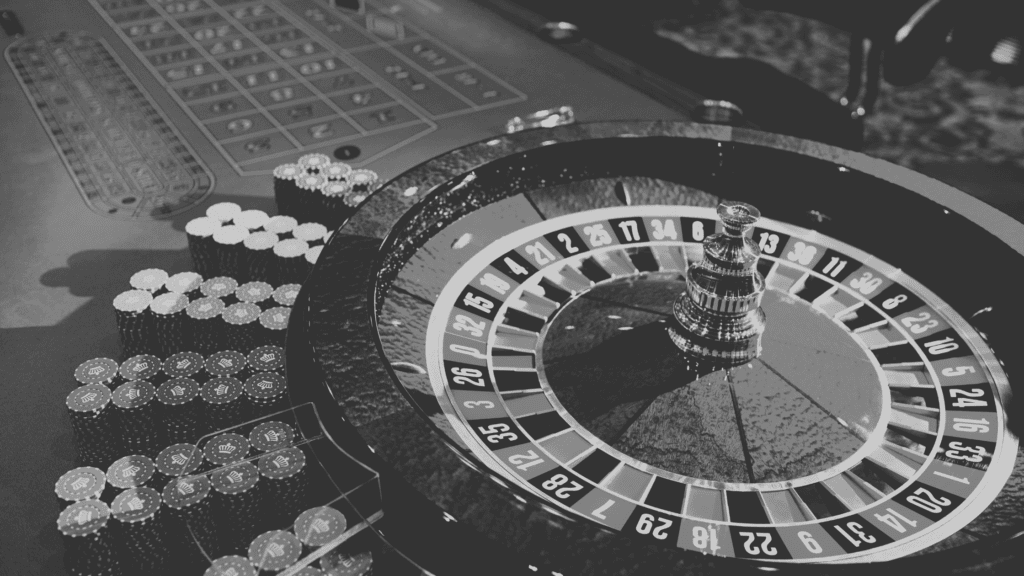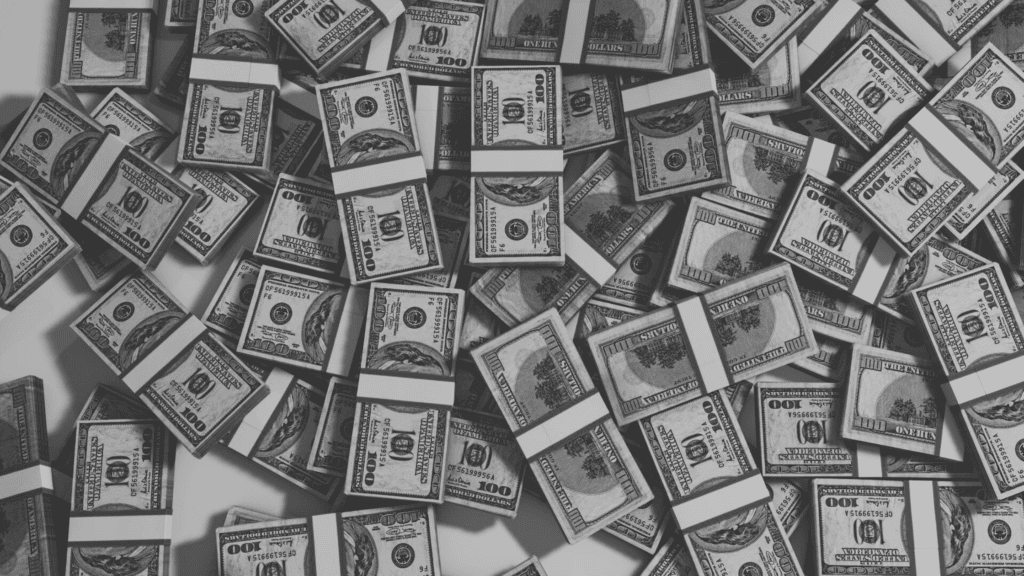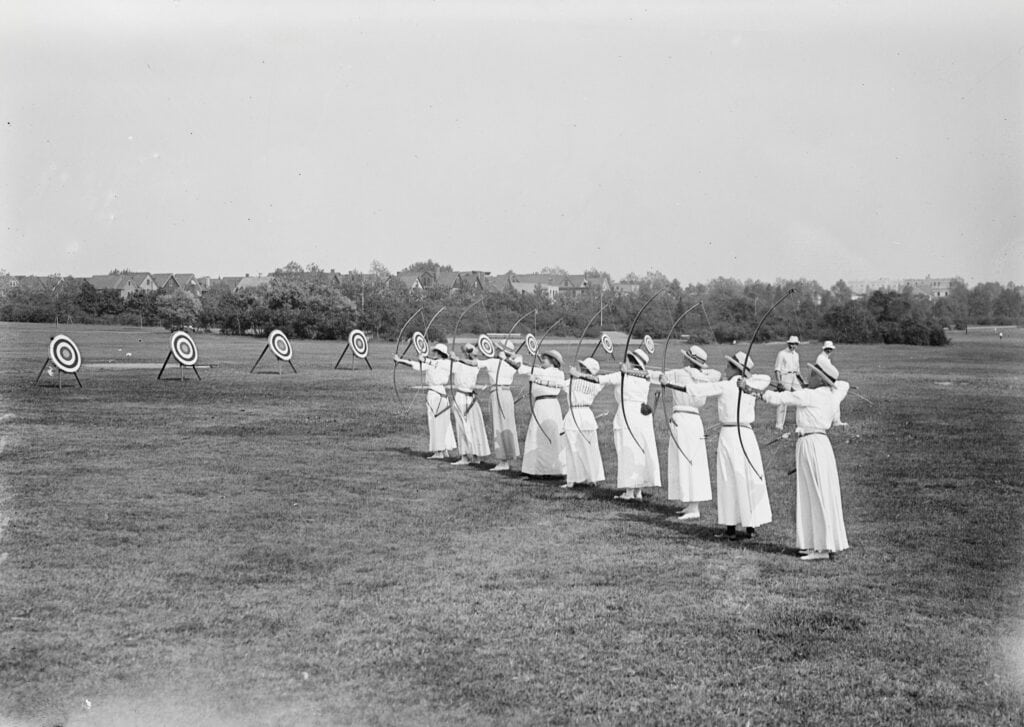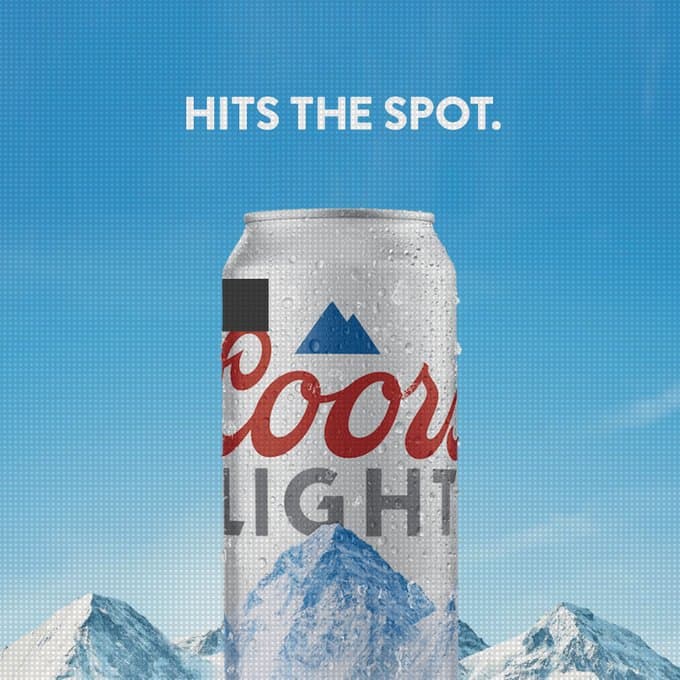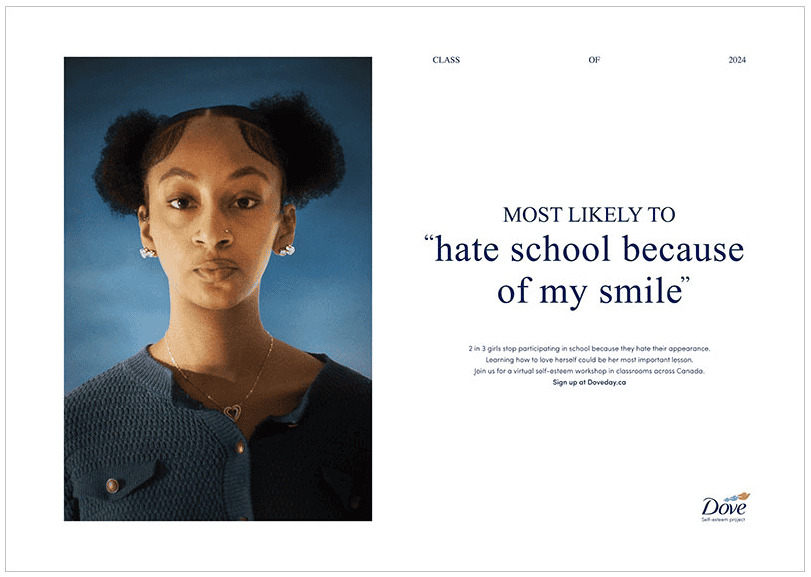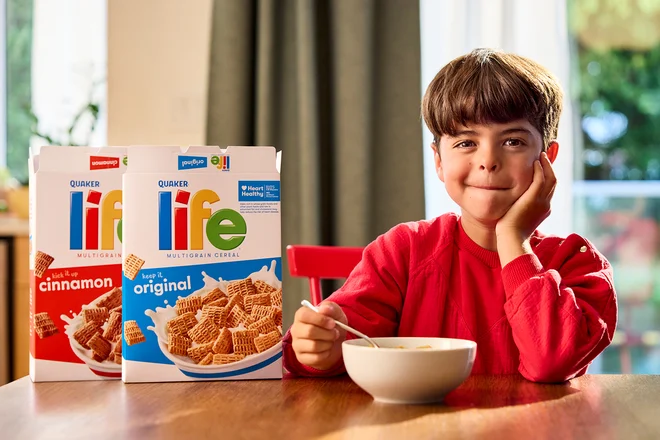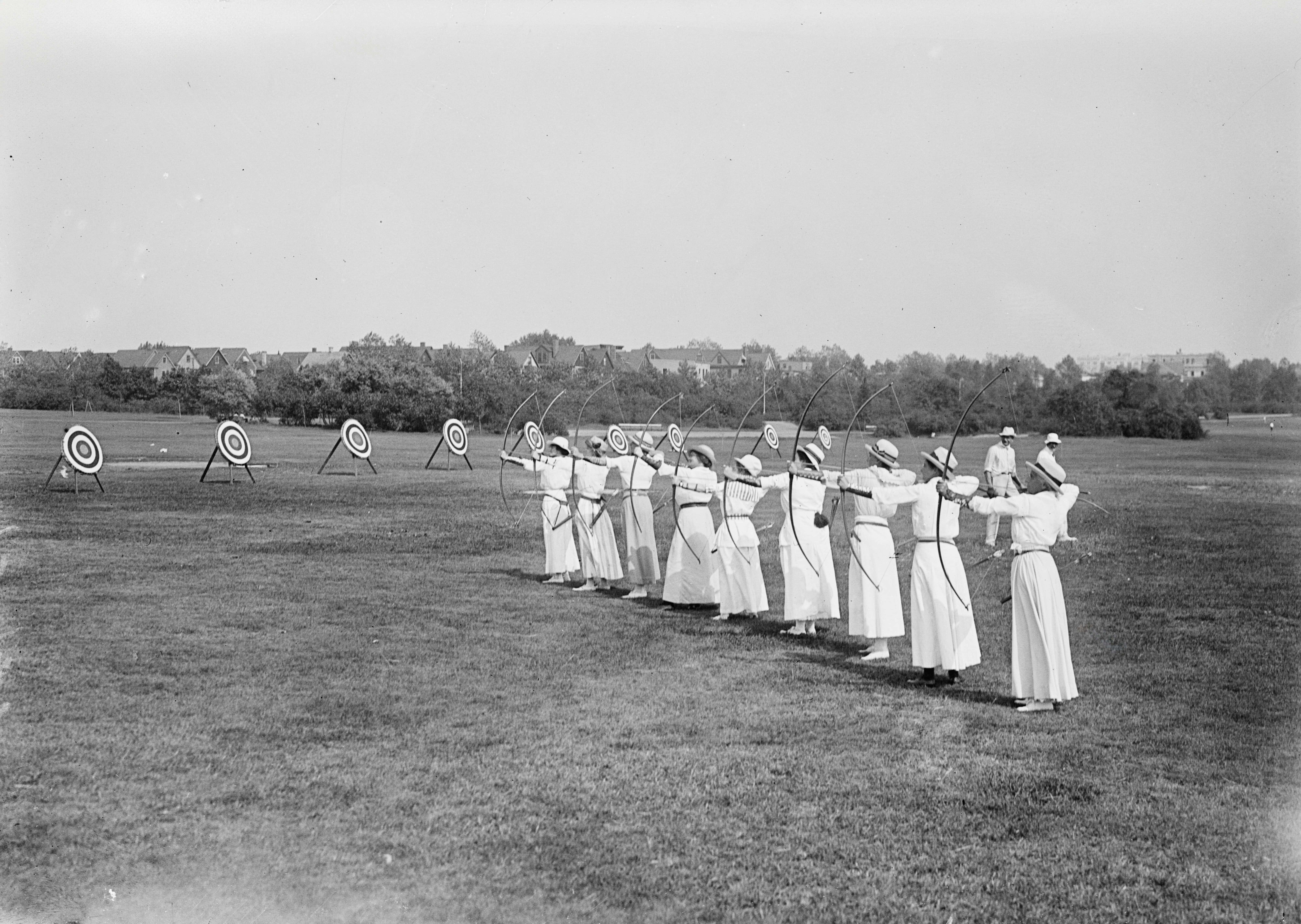
High stakes chess. That’s what we liken competitive marketing to. And we know, “don’t compare,” “be unique,” and all the other B.S. we’re fed to try to stand out, but the truth is simple—if the wheel is already invented, don’t waste your f*cking time. Now, that doesn’t mean be unoriginal. The idea is just to say that many successful strategies are built on existing foundations, and if your competitors are succeeding, don’t you think it bodes well to possibly know how?
Back to our chess analogy because we’re actually pretty spot on. Competitive marketing requires a blend of analytical prowess, creative thinking, a deep understanding of human behavior, and utter relentlessness to understand what your competitors are doing, why they’re doing it, and how you can make it your advantage.
What Is Competitive Marketing?
Competitive marketing is about strategically positioning your brand over your competition, taking over a unique space in the market that attracts customers and puts you in the best place to say “Check mate.”
Our markets thrive on competition. And honestly, we need it. Competition fuels innovation, expands consumer choice, helps regulate prices, drives efficiency, and encourages a level playing field. Hell, consumers are happy because they’re the biggest beneficiaries in the whole damn thing.
Can we ask you a simple question? Would you rather play darts with the lights on or with them off? True competitive advantage doesn’t live alone. Ignoring your rivals gets you no place. Knowing what they’re up to and how they’re gaining an edge is a crucial piece of your own success.
Ah, So This Is Where We Gather Competitive Marketing Intelligence?
Yep, you gotta know what the hell you’re working with. Enter Competitive Marketing Intelligence, or in our amazing marketing world of acronyms, CMI. It’s the actual intelligence gathering and analysis of competitor marketing data that reveals their strategies, market positioning, strengths, and weaknesses. It’ll also give insight into the audience they’ve chosen to target. In a CIA meets marketing way, using CMI insights gives you an opportunity to exploit a competitor’s vulnerability and develop a strategy to enhance your brand.
And Now We Can Build a Competitive Marketing Strategy
Now we can build a strategy, one that aligns with your specific goals and your market standing, but with the insights of what’s going on across the street at your competitor’s place. You can develop strategies for clear competitive differentiation and craft targeted campaigns highlighting your strengths. At the same time, it leaves you adaptable to the actions of your competitors and an evolving market.
So, How Can You Help Me?
We’re glad you asked totally unprompted.
We’re in the business of helping you not only compete, but actually pulling ahead of your competition. We get that’s easier said than done and as much as we’d love for you to trust us based on that one sentence, we know it doesn’t work like that. (You can check out our case studies here, or just schedule a call with us here.)
Going back to the non-promotional point of this page, we at M&P conduct in-depth competitive research, going beyond surface-level analysis to really dissect your competitors’ SEO strategies, organic social media engagement, paid social media efforts, web design and user experience, core messaging, and brand identity. But we don’t stop at data collection. (Well, our data guys do but they’ve done enough, right?) Our team of expert strategists meticulously analyze these findings for insights and opportunities. What comes of that is a competitive strategy we can implement.
Understanding important areas of your competition like their keyword gaps, content strengths, and branding nuances, we can then help your brand drive more organic traffic, build a loyal online community, optimize your website for conversions, and craft compelling messaging that makes your brand different in a likely very crowded market.
Phew. We think that’s enough reading, right? Maybe it’s best we chat and really get to know each other. Who knows what your competitors are up to as you’re reading this.



